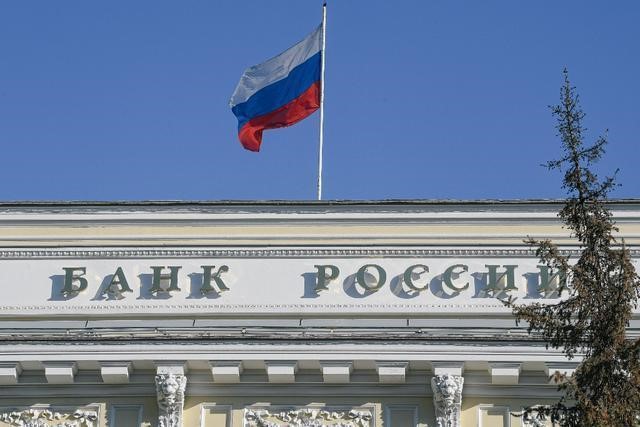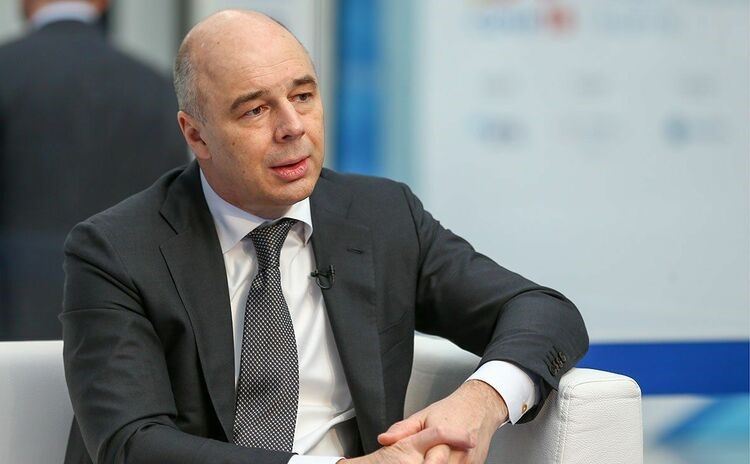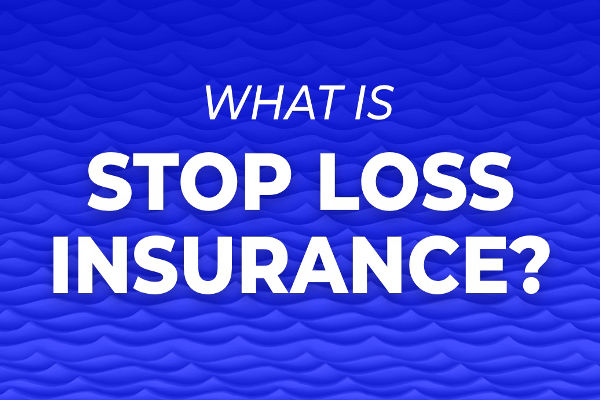Want to repay the money, but the other party doesn't accept it? The scene of 'having money makes it difficult to repay debts' occurs between Russia and Europe.
As a result, Russia was forced to face its first international debt default in 105 years. The EU requires top credit institutions to stop rating Russia, otherwise they will face the risk of losing their operating license in the EU.
Russian Finance Minister Anton Siluanov earlier pointed out that the European Union and the United States have created artificial obstacles for Russia to repay its foreign debts, deliberately labeling Russia as a "default", and the current situation can be called a "farce".

It is reported that the debt dispute originated from two international bond interests totaling $100 million in Russia, which were supposed to be on May 27thThe 30 day grace period was triggered because the payment was not successful at that time, that is, June 26 became the real due date.
The Russian side stated that they had completed the necessary debt repayment payments using the US dollar and euro as early as May, but the Eurobond Brussels Clearing House detained the Russian side's funds.
It is precisely because of the sanctions imposed by Western countries that Russia has cut off payment channels to overseas creditors, resulting in Russia being restricted from conducting money transactions through the international banking system, and therefore creditors have not yet received this money.
International rating agency Moody's confirmed on the 27th that Russia has defaulted on its European debt.
Regarding this, Dmitry Peskov, the press secretary of the Russian President, responded on the 27th that the Kremlin does not agree with the assertion of "Russia's debt default".
Plan in hand, wait for the opportunity:
As early as around 11:30 pm on February 25th this year, the day after the Russian military entered Ukraine, EU experts in Brussels stated that they had implemented a series of sanctions measures, or what they called a "big package", for several days and were ready.
Before midnight that day, the European Commission announced these measures.
At an earlier emergency meeting, the Group of Seven (G-7) and the European Union made it clear that response measures were imminent and that the plan would target Vladimir PutinPutin and his highest diplomat, Sergei Lavrov. Russia's current gold and foreign exchange reserves are approximately 640 billion US dollars, of which approximately 3000Billions of dollars will be frozen due to sanctions.
Act quickly
A few days later, on March 2nd, the European Union once again resorted to measures to ban seven Russian banks from joining SWIFT, an international financial information transmission system crucial for cross-border transactions.
For a long time, expelling Russian lending institutions from the SWIFT system has been considered aThe 'core choice' was put on the table this time due to Russia's invasion of Ukraine. When the European Union decided to launch it, SWIFT headquarters outside Brussels were already ready.
The only question is how long they must implement this measure, "five days or five minutes?" said another source. The final decision is to ban Russia from joining SWIFT for 10-12 days.

First heavy blow
Credit rating agency S&PGlobal cancelled Moscow's originally high investment rating on February 26th, resulting in a severe decline in the rating of Russian bonds. Subsequently, it suffered a more severe blow on March 15th, when the European Union demanded top credit institutions to stop rating Russia, otherwise they would face the risk of losing their operating license in the EU.
We are being closely monitored, of course we haven't received any prior warning, "said a senior rating agency analyst. This basically means that we can no longer evaluate Russian bonds
Default deadline default
With so many obstacles in place, Europe expects Russia to default on its first bond payment at the end of the 30 day "grace period" on March 16 or a month later.
However, the US Treasury Department's Office of Foreign Asset Control allows Russia to continue making payments to investors, and this exemption expires on May 25th.
Unexpected consequences
However, on April 4th, the US government prohibited the Russian government from paying over $600 million in debt through its accounts with US banks, in an attempt to increase pressure on Russia and consume its holdings of US dollars.
The spokesperson for the US Treasury Department also warned that Russia must make a choice between depleting its remaining precious US dollar reserves, depleting new revenue, or facing a "historic default".
On April 8th, a week before the EU's ban on Russia's rating came into effect, Standard&Poor's announced that Russia was in a "selective default" state.
Moscow has stated that it plans to pay for upcoming bonds in rubles instead of dollars (their issuing currency).
Russian Finance Minister Silvianov said that through the above measures, Russia will be able to evade Western payment systems and related sanctions.

Impact on the system
However, a few days later, Russia stumbled and stumbled.
On May 11, observant creditors found that Moscow had failed to pay off the additional interest of $1.9 million for the grace period. They contacted Euroclear, the clearing house, and then the arbitrator of insurance payment in the bond market. The Credit Derivatives Committee ruled that a "credit event" had occurred in Russia.
This amount of money is too small to immediately trigger default clauses on all international bonds in Russia, but it does mean that some investors expect to receive default insurance.
The US Treasury Department stated on its website that the credit default swap (CDS) insurance program had to be stopped when it prohibited the purchase of Russian bonds in the public or secondary markets, as it was not yet clear how to handle the bonds involved.
It's a bit like your house was burned down and the insurance company turned around claiming it was a wrong fire, "said Amundi, the largest fund manager in Europe." The reality is that these sanctions are an impact on the entire system.
Funds cannot be transferred in
However, the inevitable means for Russia to default was Washington's decision on May 24 to allow American bondholders to accept the grace period of Russian payments.
Russian Finance Minister Silvianov said on May 30th that Russia will continue to repay its foreign debts in rubles, while reiterating that Russia is a reliable borrower and will do its best to repay its debts. He stated that Russia is considering borrowing from the "ruble settlement order" of natural gas trade when repaying European bonds.
But a week later, the European Union cut off the channels for Western institutions to receive payments from Russia, namely its National Settlement Depository (NSD), which it had been using for payments. Russia was unable to transfer funds out of Russia.
Due to its huge oil and gas revenues, Russia has a large amount of foreign exchange, but Western sanctions have cut off the country's connection with the global financial system, hindering its ability to pay its foreign debts.
Moscow accuses the West of forcing "artificial defaults", and Silvanov calls this situation a "farce".
However, senior global policymakers involved in this process have stated that their sanctions, although unprecedented, are entirely reasonable.
These are all very important actions in response to Russia's attack on Ukraine, "said the Bank for International Settlements (BIS)Agustin Carstens, the head of Settlements, said.
Consequences of breach of contract
In the 1998 Asian financial crisis, Russia announced in August of that year that it would stop domestic debt repayment and postpone foreign debt repayment. However, at that time, although Russia completely gave up repaying its domestic debts, it ultimately completed the repayment of international debts through debt restructuring, relief, and other means. Therefore, most people in the academic community believe that this does not constitute a debt default.
Even so, this operation has dealt a heavy blow to the Russian economy, and for a long time, Russia was unable to enter the international lending market.

1998 Russian Financial Crisis
Argentina, which had a "technical default" back then, also experienced a sharp drop in its currency exchange rate, a severe financial market blow, and severe inflation... Two years ago, Argentina faced a period of collapse.
It is worth noting that not only are these two international bond interest disputes, but Russia may also face other "human factor default risks" in principal and interest payments due to sanctions.
According to Takahide, an economist at the Institute of Comprehensive ResearchKiuchi said, "The announcement of a default is a symbolic event. The Russian government has lost the opportunity to issue bonds denominated in US dollars. So far, Russia has been unable to borrow from most foreign countries










